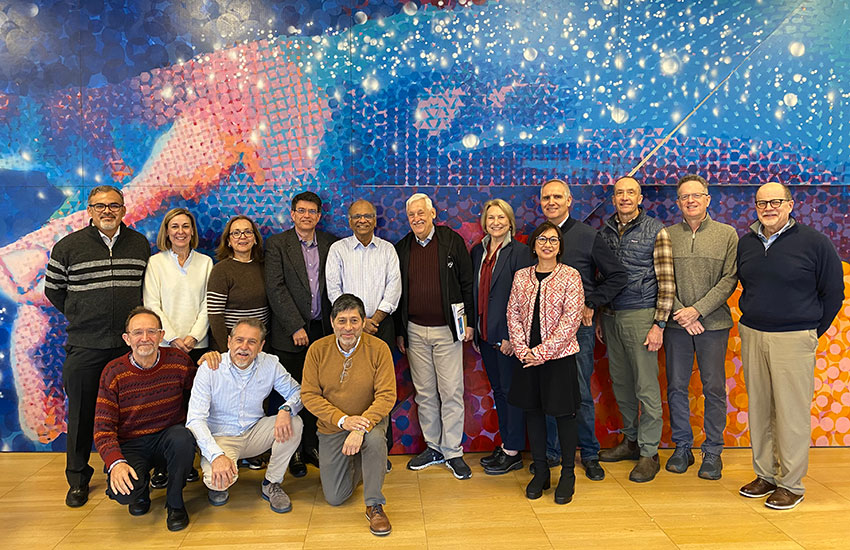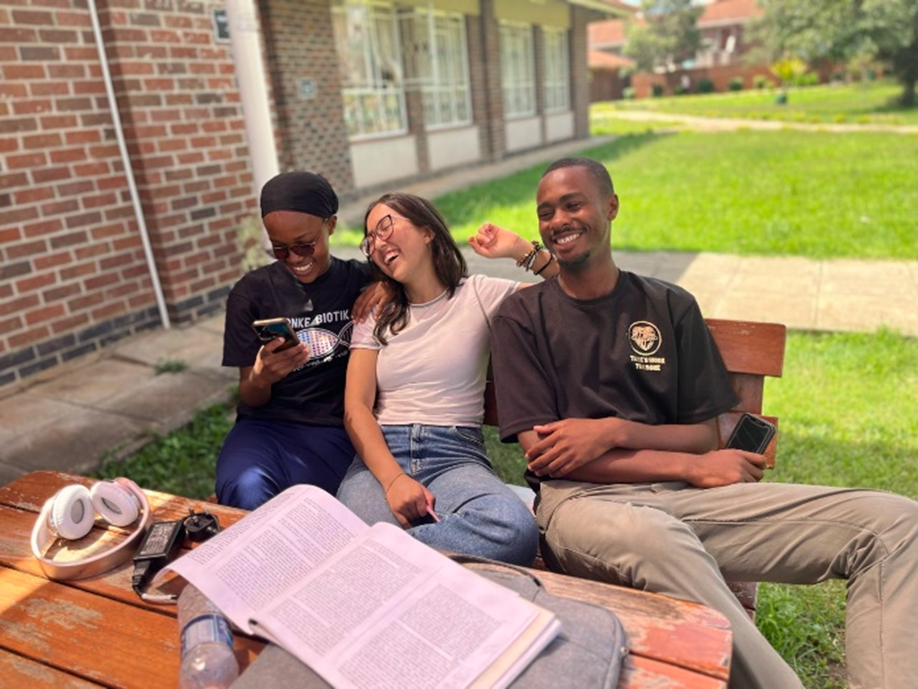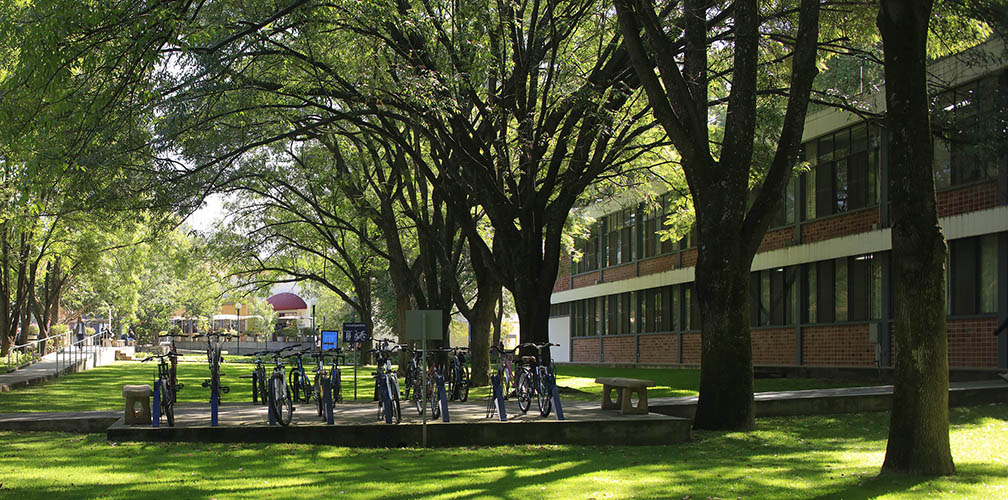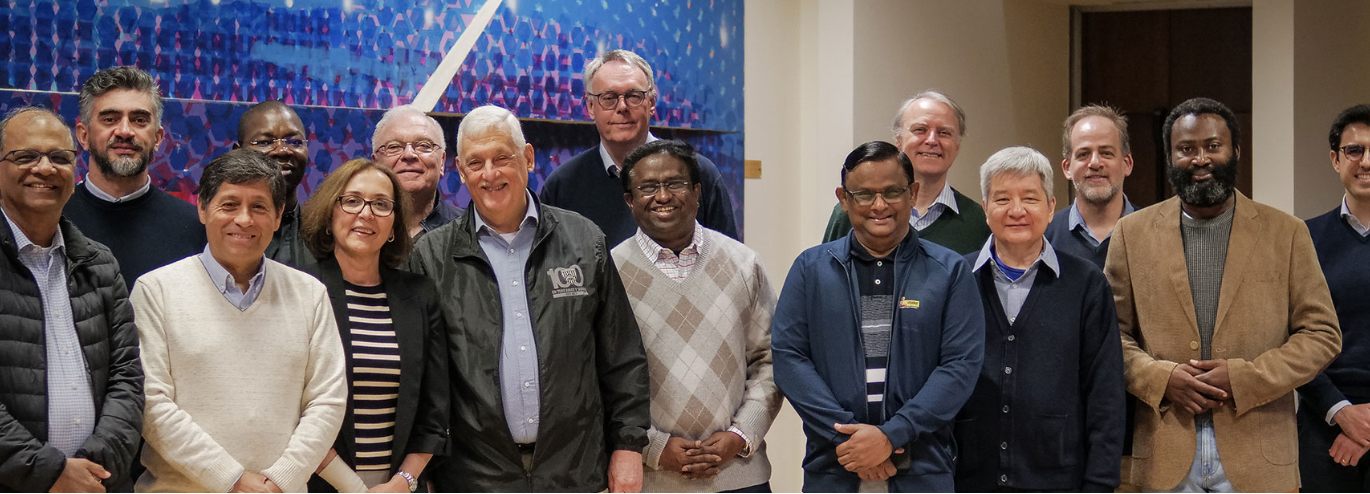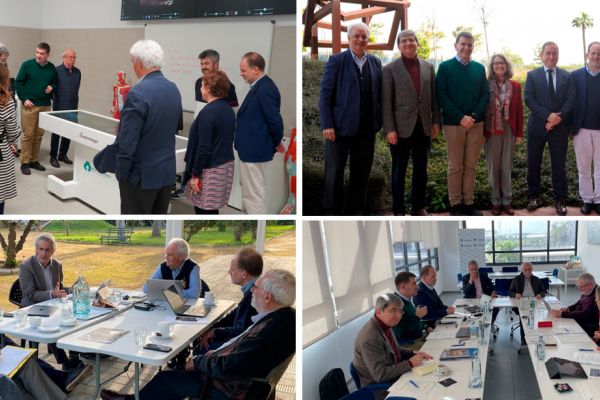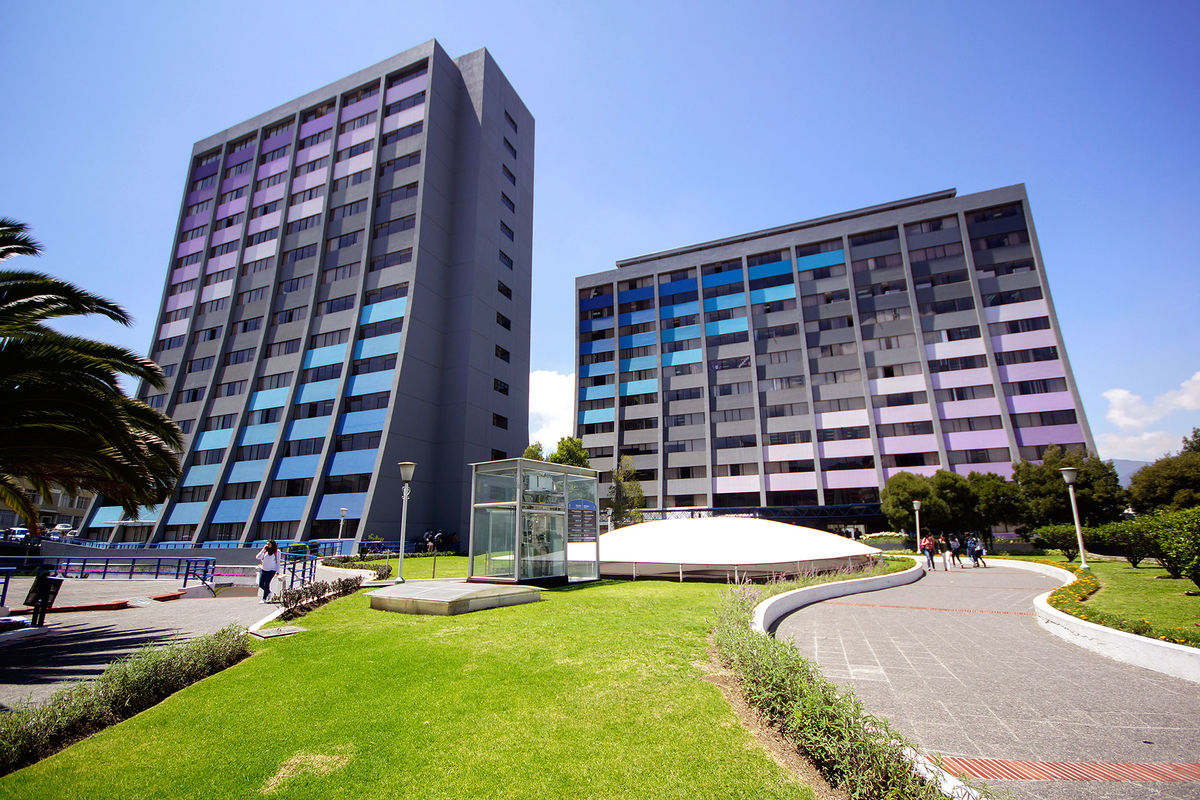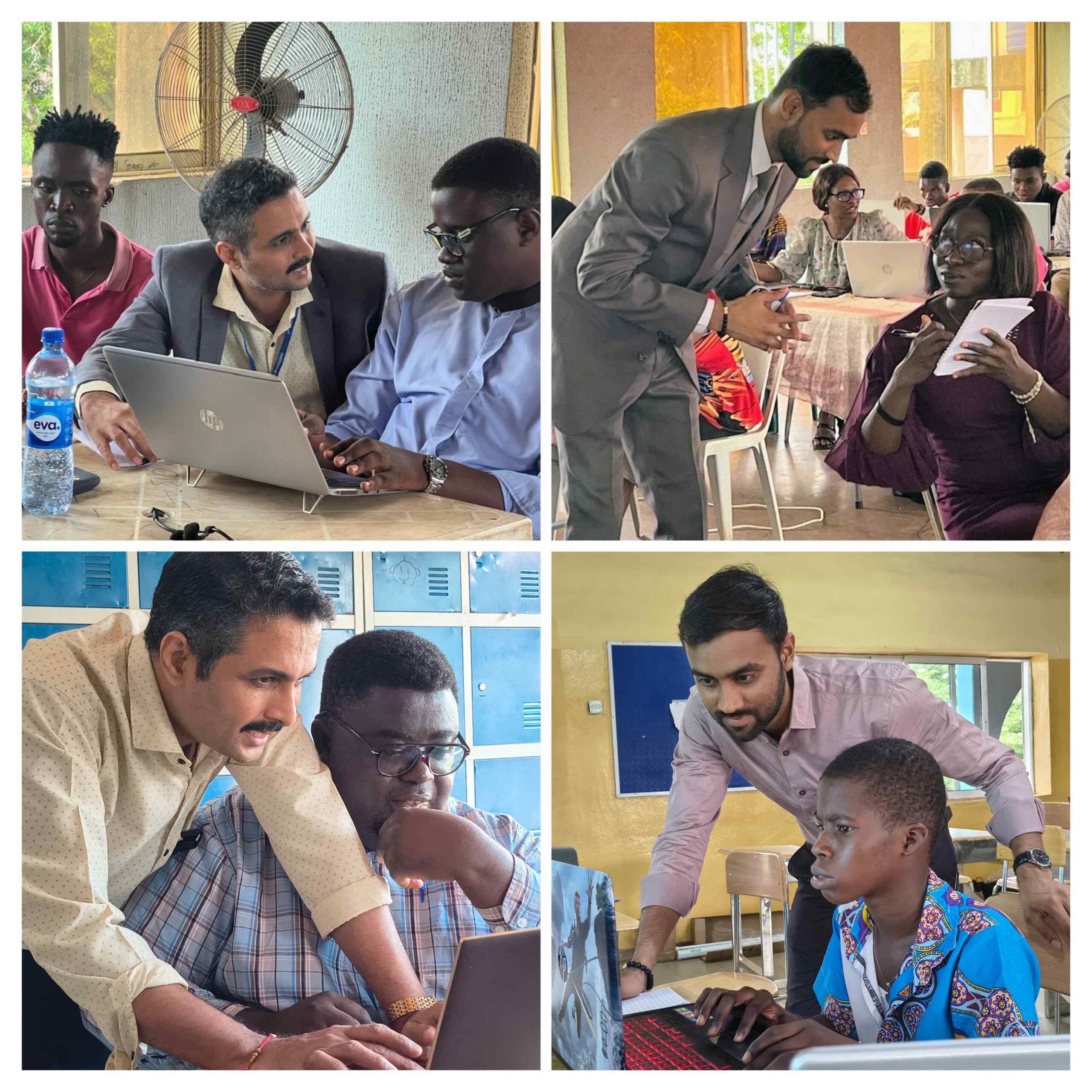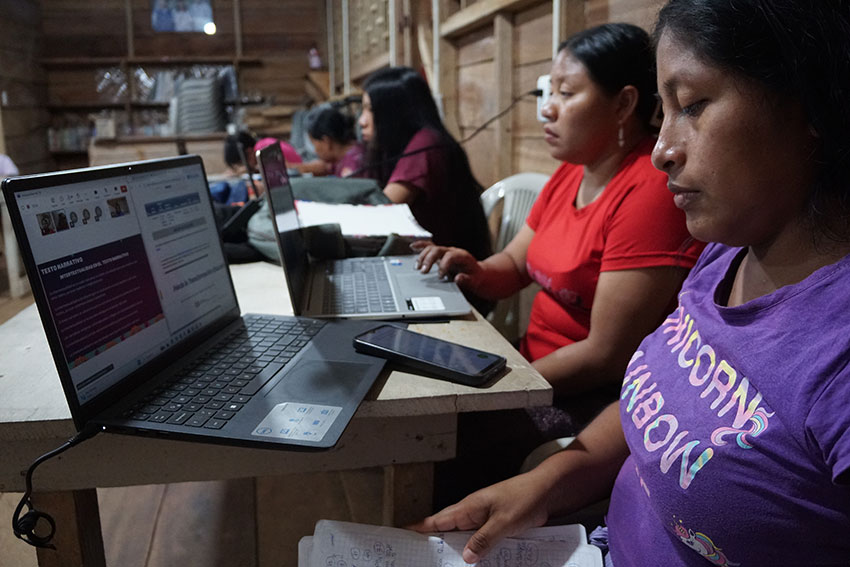An Interdisciplinary Group on Religion, Spirituality, and Secularization

By Ignacio Sepúlveda, HEST Cluster Coordinator.
In recent decades, debates around secularization have been characterized by confrontations between critics and defenders of the secularization thesis. New conceptualizations such as "post-secularism" or "multiple secularities" have appeared in the academy, seeking to provide new approaches to understanding phenomena as diverse as the withdrawal of religion from the public sphere, the privatization of religion, the emergence of new forms of spirituality, fundamentalist violence, the emergence of more charismatic ways of experiencing religion, the decline in the communitarian and institutional practice or religious affiliation.
It is important to say that religion, especially lived religion, has not disappeared but is transformed in an ever-changing context. In many cases, new forms of religious experience are related to the search for meaning, the decision-making process, the vital and professional vocation, the pursuit of happiness, the "good life" and ways of "fullness." Religious and spiritual experience continues to appear in increasingly "accelerated" lifestyles, in constant contrast to different narratives about reality that impact the understanding of the surrounding reality and one's own self.
Considering all these new realities, Kircher Network has created a group of interdisciplinary scholars to discuss and reflect on these topics. This group has three main objectives: the first one is to go over the concept of secularisation and to understand the actual phenomena of multiple secularities. In dialogue with pastoralists who work directly with young people, a second objective is to discern the best ways of transmitting the faith in the European secular context. Finally, this group wants to research the relationship and contributions of spirituality and religion to European societies in two spheres: democracy and the common good.
This group had its first meeting in Seville in 2022. In that encounter, they reflect on the identity of the spiritual subject and the contribution of spiritualities to the common good of society. They will have a second meeting in Frankfurt next May (it was going to be in Beirut, but it had to be canceled due to the Middle East situation). The topic of this second encounter will hold the following question: Do we need religion? Contributions of spirituality and religion to the post-secular and communitarian societies.
The group is coordinated by Prof Dr Ignacio Sepúlveda of Loyola Andalusia University.

